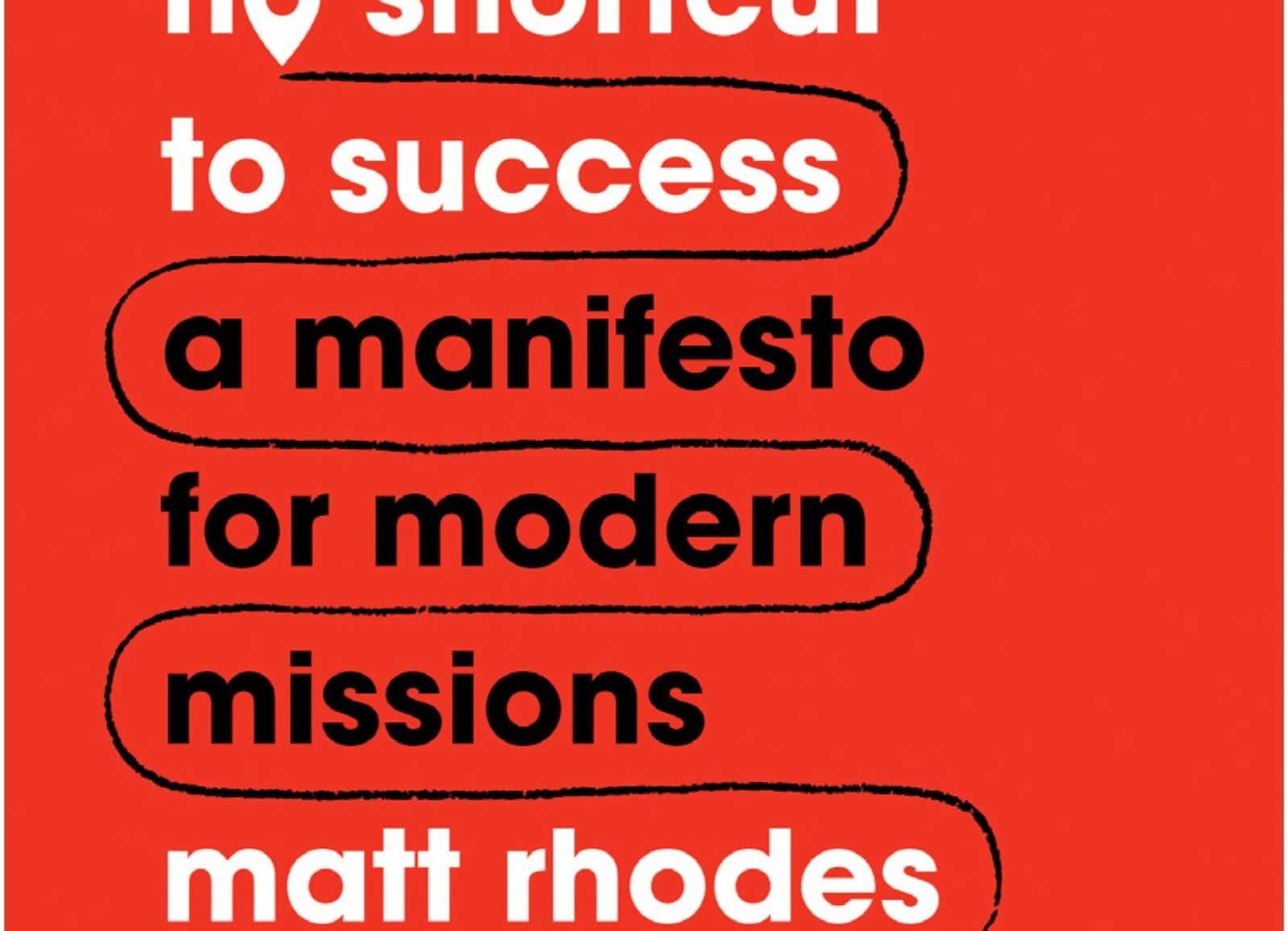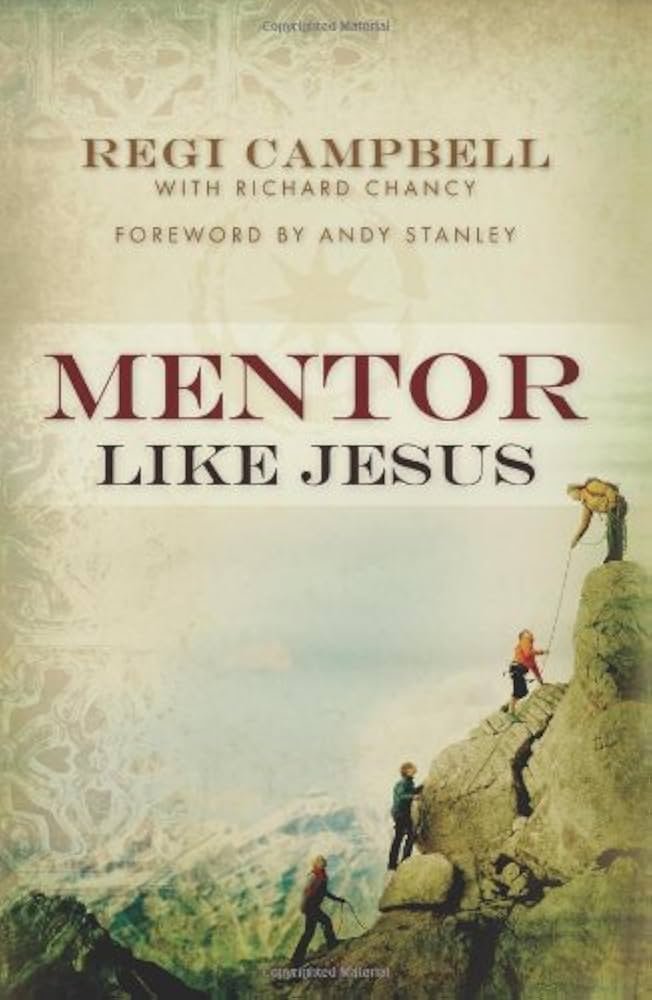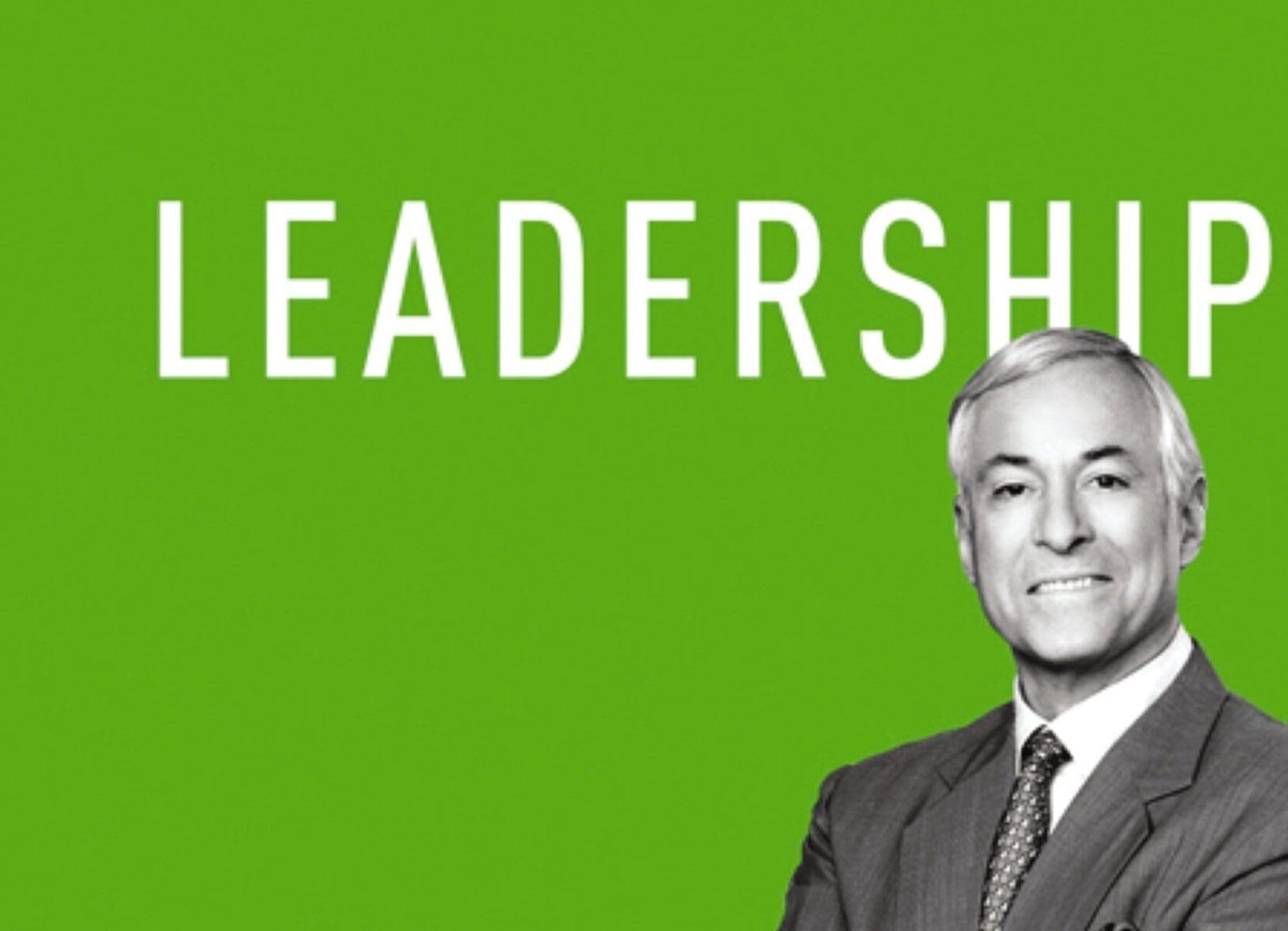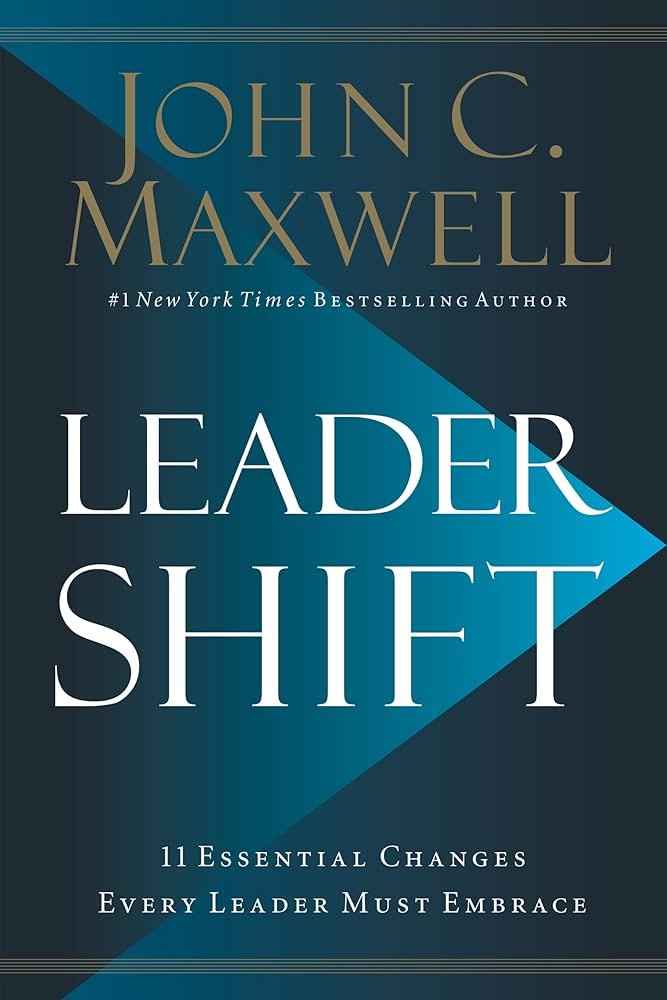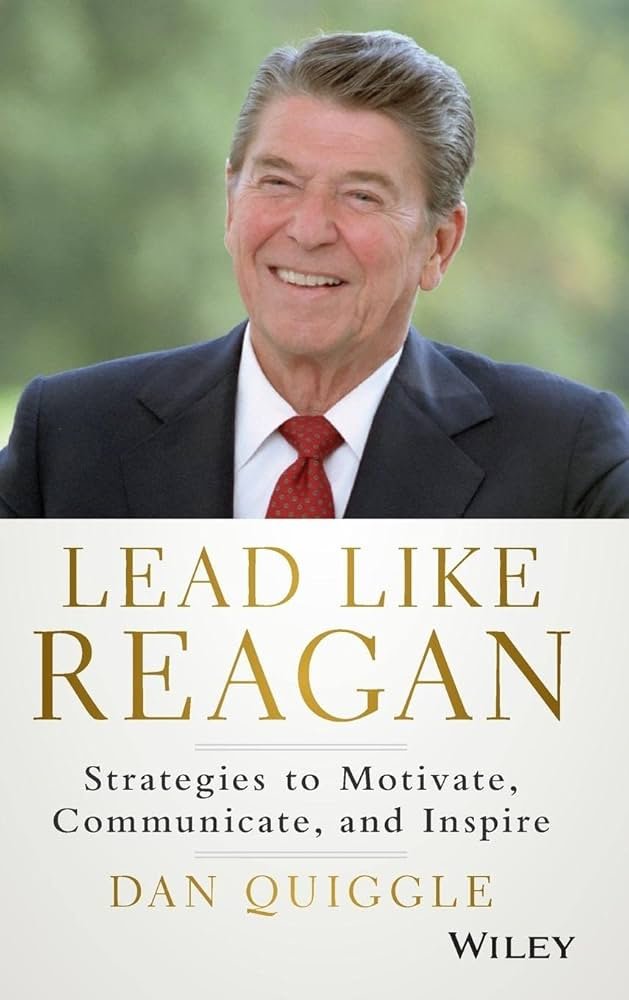by Matt Rhodes
- Short term missionaries cannot expect long-term success. There’s a need for those willing to give their lives to go long-term.
- Despite good intentions, amateur missionaries (those with a lack of preparation) do more harm than good.
- It is unwise to make numbers your benchmark for success.
- Big numbers do not define success. We should focus more on what is faithful to Scripture instead of what works.
- Choose healthy over huge.
- We must be more concerned with planting healthy churches over insisting they multiply at a specific speed.
- We cannot afford to overlook Scriptural steps just because we are in a hurry with a multiplication process.
- We must prepare our lives, never forgetting we are ambassadors.
- A missionary must have a deep understanding of the Bible in order to teach it to others.
- Many may feel that preparation in Bible school or language learning is a setback, but preparation is most definitely needed.
- Missionaries must realize without learning to communicate (learning the language and teaching the Bible accurately), the mission cannot be accomplished.
- Missionaries spend too much time discussing non-essential and non-fundamental issues.
- A missionary should work at earning the right in the eyes of the people so they want to listen. Correct character, loving people and cultivating relationships are all ways to cause others to want to listen to you.
- A missionary should not be an outsider to the culture he is working in rather a newcomer.
- We must be careful thinking a few discipleship lessons can take the place of “teaching them to observe all things Christ has commanded us.” They need a church teaching the Gospel truth.
- Be patient. It will take time for a core of believers to grow. Jesus took over three years with His disciples.
- We must be careful about pushing people to go to the mission field. Firstly, God has gifted people in different areas and not everyone should go to the mission field. Secondly, the mission field does not need people that are not equipped, hard workers, or not happy to be there.
- While going to the darkest parts of the world may seem admirable, they might not be helpful. Jesus told His disciples in Matthew 10:23 when they are persecuted in one town, go to the next. Paul seemed to follow the same pattern (Acts 14:29–30; 16:39-40; 17:9; 20:1).
- Prayer does not take the place of work, it lightens the path. The Lord builds the house, but you must understand He is going to use your labor to build the house.
- Prayer works because God is great, not because we are.
- We do not need great faith, we need faith in a great God.
- Faithful and fruitful missionaries do not need a spectacular or eye-catching ministry. As William Carey said, “I can plod. I can persevere in any definite pursuit. To this I owe everything.”
